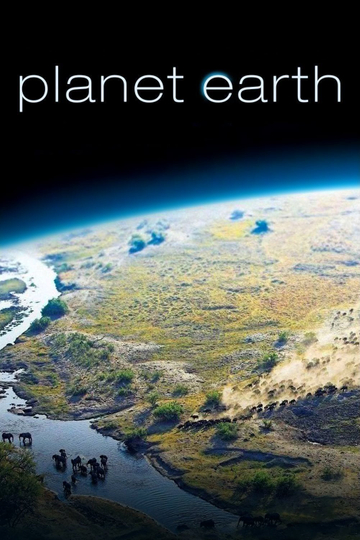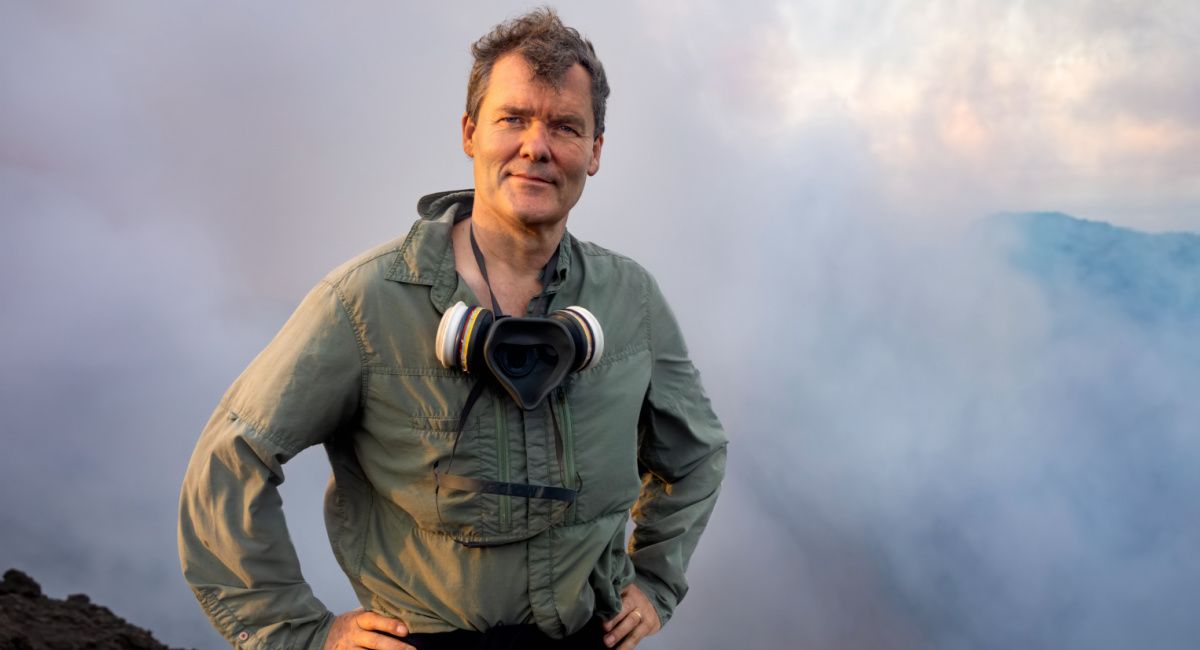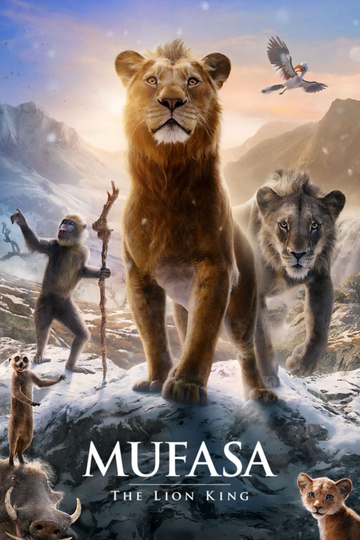Season 1 Episodes
1. A Winning Design
From the tiniest bat to the massive blue whale, all mammals share the ability to nurture their young on milk and regulate their own temperatures.
2. Insect Hunters
Mammals from tiny shrews to giant anteaters have specialised in eating insects. Some have even pursued their prey into the skies.
3. Plant Predators
The plant eaters take on the largely indigestible, spiny and poisonous defences of plants with some spectacular physical adaptations to diet.
4. Chisellers
Special tools like chisel sharp front teeth and underground dwelling enable this group of mammals to feast on roots and seeds.
5. Meat Eaters
Predators and prey must evolve speed, endurance and manoeuvrability to outwit each other, and the pack hunters must maintain order in the ranks.
6. Opportunists
A mammal capable of having a varied diet can be highly adaptable and exploit new environments including the cities where they thrive.
7. Return to the Water
With perfect streamlined bodies and great underwater speed, seals, dolphins, porpoises and whales became the new hunters of the sea..
8. Life in the Trees
A range of adaptations from sucker-feet to gripping tails help the tree dwellers to survive, and in the dark forest super senses come in to play.
9. Social Climbers
In the daily hubbub of monkey life, only those with a talent for social wheeler dealing get ahead, driving the shift towards larger brains.
10. Food for Thought
The natural world was transformed when one great ape began to walk upright - us. But why has this led to the development of our extraordinary brains?
















































